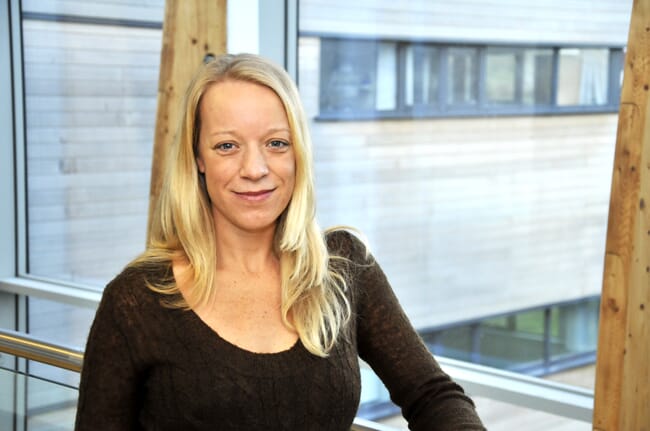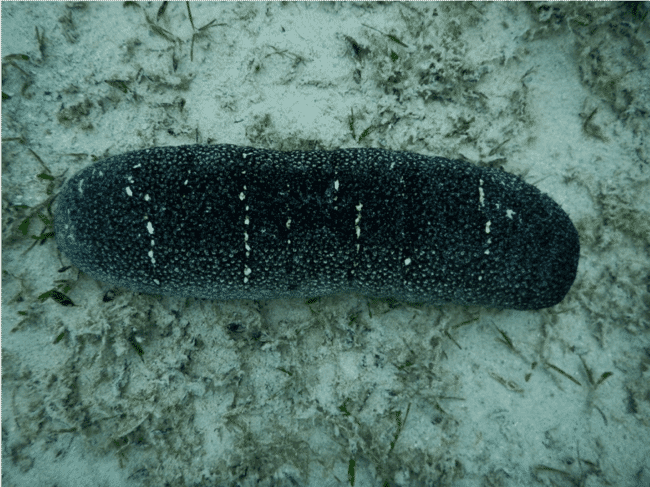Dr Georgina Robinson of the Oban-based Scottish Association for Marine Science (SAMS) has been awarded a UK Research and Innovation (UKRI) Future Leaders Fellowship to fund the six-year scheme.

She plans an overhaul of the current nitrogen cycle process, by which excess nitrogen in the form of animal waste from industries like agriculture and aquaculture is turned back into an inert gas and released into the atmosphere. Instead, Dr Robinson proposes a system that will recycle this waste by using it to feed sea cucumbers and marine worms – so-called deposit feeders – which can then be farmed as a high-protein food source for humans and livestock and may even be used to generate electricity.
Sea cucumber has been referred to as a superfood, as it is high in protein, low in fat and rich in vitamins and minerals. It is eaten throughout Asia and the Middle East and there are studies currently investigating its medicinal qualities.
Dr Robinson, who is based in Mauritius, said: “Proper nitrogen management will be critical to feed a growing global population, estimated to reach 9 billion by 2050.
“Current technologies to treat nitrogen-rich effluent focus on converting reactive nitrogen – nitrogen that is available to most organisms – back to its inert form as nitrogen gas in the atmosphere. However, nitrogen is too valuable to be lost. Rather than looking to promote technologies for permanent removal of nitrogen, we can recover this valuable resource to pioneer sustainable food production systems and catalyse a new revolution in the nitrogen cycle.”

Dr Robinson’s system introduces carbon and removes oxygen from the process to encourage uptake of nitrogen within deposit feeders, which work with bacteria naturally present in their gut and the surrounding soil or sediment to convert the waste into high value protein.
She added: “The energy generated by the micro-organisms breaking down the waste is harnessed as a sustainable source of electricity, while the addition of carbon sources and deposit feeding invertebrates will enhance the overall energy generation potential of the system.”
Dr Robinson is one of 78 recipients of a UKRI Future Leaders Fellowship today.
During the course of her fellowship, systems will be developed in marine and terrestrial settings in tropical (Mauritius) and temperate (UK) environments.
Dr Robinson said she hoped to develop a low-cost system for the food production sector that can increase revenue, while reducing environmental impacts, particularly in lower income tropical countries. It is envisaged that large-scale adoption of the technology would have the potential to secure food and feed production systems for generations to come.




